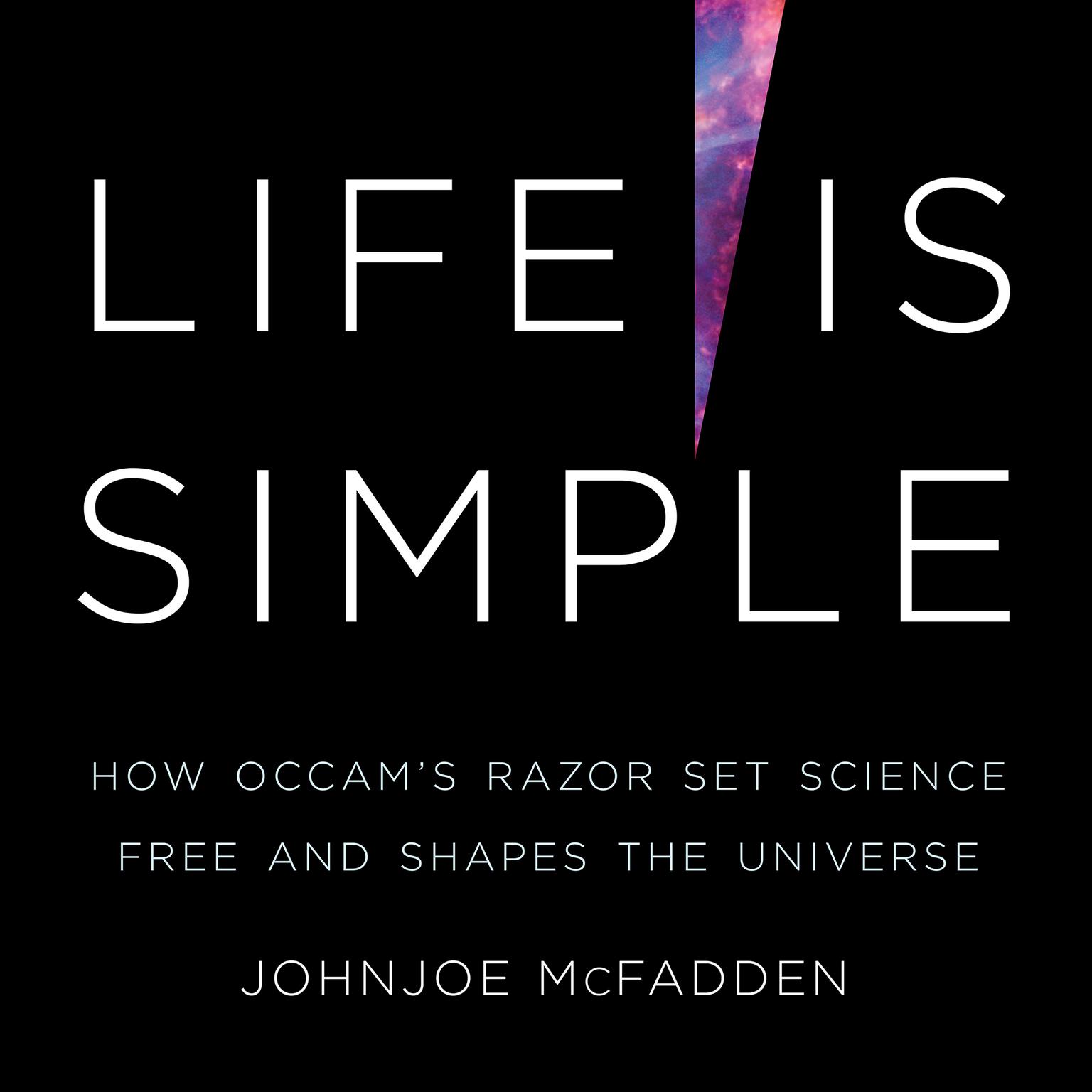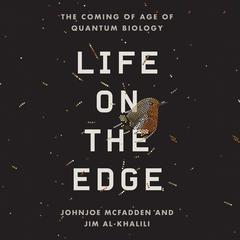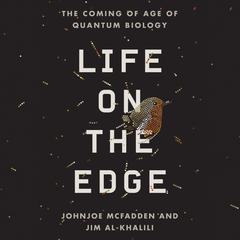 Play Audiobook Sample
Play Audiobook Sample
Life Is Simple: How Occam's Razor Set Science Free and Shapes the Universe Audiobook
 Play Audiobook Sample
Play Audiobook Sample
Quick Stats About this Audiobook
Total Audiobook Chapters:
Longest Chapter Length:
Shortest Chapter Length:
Average Chapter Length:
Audiobooks by this Author:
Publisher Description
A biologist argues that simplicity is the guiding principle of the universe
Centuries ago, the principle of Ockham’s razor changed our world by showing simpler answers to be preferable and more often true. In Life Is Simple, scientist Johnjoe McFadden traces centuries of discoveries, taking us from a geocentric cosmos to quantum mechanics and DNA, arguing that simplicity has revealed profound answers to the greatest mysteries. This is no coincidence. From the laws that keep a ball in motion to those that govern evolution, simplicity, he claims, has shaped the universe itself. And in McFadden’s view, life could only have emerged by embracing maximal simplicity, making the fundamental law of the universe a cosmic form of natural selection that favors survival of the simplest. Recasting both the history of science and our universe’s origins, McFadden transforms our understanding of ourselves and our world.
Download and start listening now!
"Occam’s razor, like Hobson’s choice and Schrödinger’s cat, is a phrase that’s entered the language. We know more or less what it means without necessarily knowing anything about its inventor or realising the immense power it has as a philosophical and scientific principle. LIFE IS SIMPLE describes brilliantly the context in which William of Occam lived and worked, and the transforming effect that his simple-seeming doctrine has had on the development of our understanding of nature and the universe."
— Philip Pullman, author of the His Dark Materials trilogy
Quotes
-
Original and profound.” —Jim al-Khalili, author of The World According to Physics and Life on the Edge
-
I found myself captured by the central premise: science, though perceived as complicated, is actually the pursuit of simplicity. The world is currently waking up to the complexities of science and its role in our world, and this book is an enlightening aid to that new understanding.
— Michael Brooks, author of 13 Things that Don’t Make Sense
Life Is Simple Listener Reviews
Be the first to write a review about this audiobook!
About Johnjoe McFadden
Johnjoe McFadden is professor of molecular genetics at the University of Surrey and is the editor of several leading text books. For over a decade, he has specialized in examining tuberculosis and meningitis, inventing the first successful molecular test for the latter. He is the author of Quantum Evolution and co-editor of Human Nature: Fact and Fiction.





